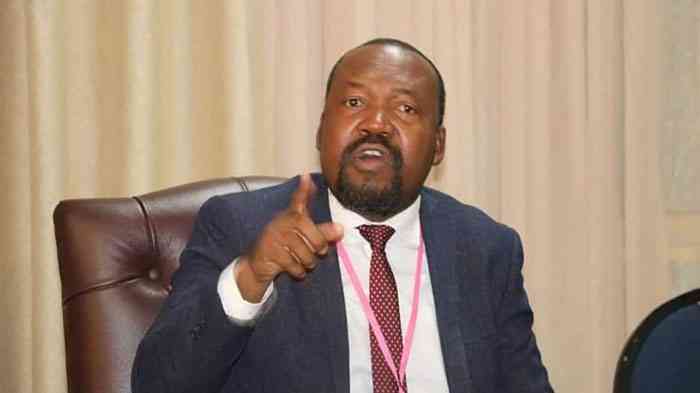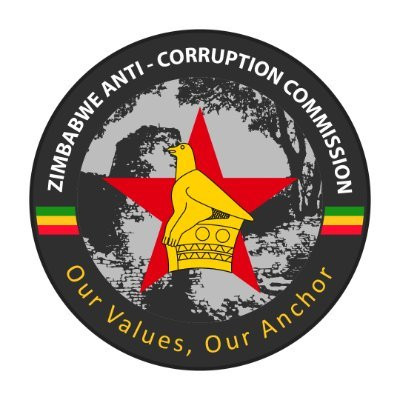
The Parliamentary Portfolio Committee on Health and Child Care has expressed concern over the 2024 budget allocation for the sector and called for the inclusion of civil society organisations (CSOs) in domestic resource mobilisation.
Committee chairperson Daniel Molokele said the budget allocation was too small to meet the needs of the health sector that battles a myriad of challenges including drug shortages.
“This is of serious concern and we will have to find ways to improve the budget allocation but beyond our reliance on the Finance ministry, we will need to work with the civil society, with the private sector and all other partners in healthcare to find ways of increasing funding for health especially without burdening the national fiscus,” Molokele said.
He was speaking on the sidelines of a domestic resource mobilisation meeting hosted by CSOs including the Community Working Group on Health (CWGH), WACI Health and GFAN in Harare on Tuesday.
Mololekele was grateful for the collaboration between lawmakers and the CSOs in the sector.
“In particular, we are working together, not just here in Zimbabwe but across Africa. Earlier this year in Nairobi, GFAN Africa invited parliamentarians from several African countries and we have launched what we call the parliamentary taskforce for domestic resources for health,” he said.
He said CSOs aided legislators as they were on the ground with communities.
“If parliamentarians work closely with civil society, they are able to bring out what is on the ground and work on it, that will then inform our policies, inform our budgeting process and inform our priorities.
- Social commentary: Zim women face risks in giving life
- Bosso search for elusive away win
- Social commentary: Zim women face risks in giving life
- Chamisa lays out 2023 game plan
Keep Reading
“Here in Zimbabwe, we have organisations that do capacity building on budget planning, monitoring and budget tracking such as the CWGH, Amnesty International and the Zimbabwe Coalition on Debt and Development.
“We will work with them even with regards to engaging the post-budget process. Next week the committee for health will be working on that.”
CWGH programmes manager Nonjabulo Mahlangu said CSOs were key in promoting domestic resource mobilisation interventions.
“CSOs play a vital role in advocating change. They can build networks and coalitions that bring together different partners like community groups, activists, and professionals to amplify joint calls for change,” she said..
“A critical mass of advocates and activists should collaborate, and there is a need for co-ordinated efforts in promoting domestic resource mobilisation. With donor funding shrinking, innovative ways of domestic resource mobilisation are needed and CSOs are the key to making this happen.”
She said CSOs also conducted research and proposed evidence-based solutions to inform policy making.
The CSOs, she said, monitored government actions, tracked policy implementation, and held decision-makers accountable.
“They can ensure social accountability monitoring, community monitoring of health services, and monitoring and tracking of budgets. By doing so, CSOs can effectively promote DRM,” she said.










